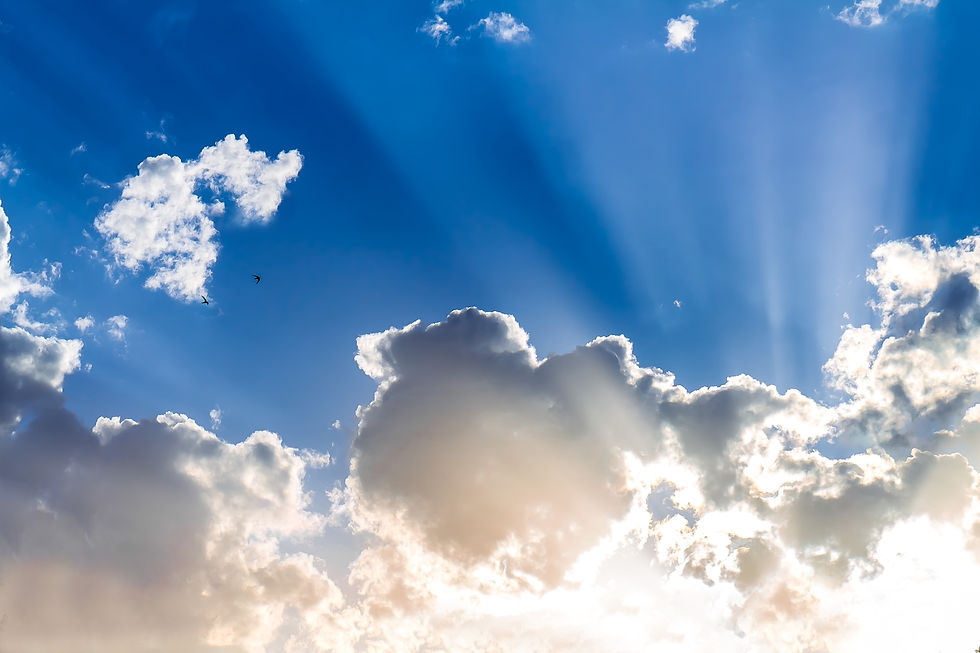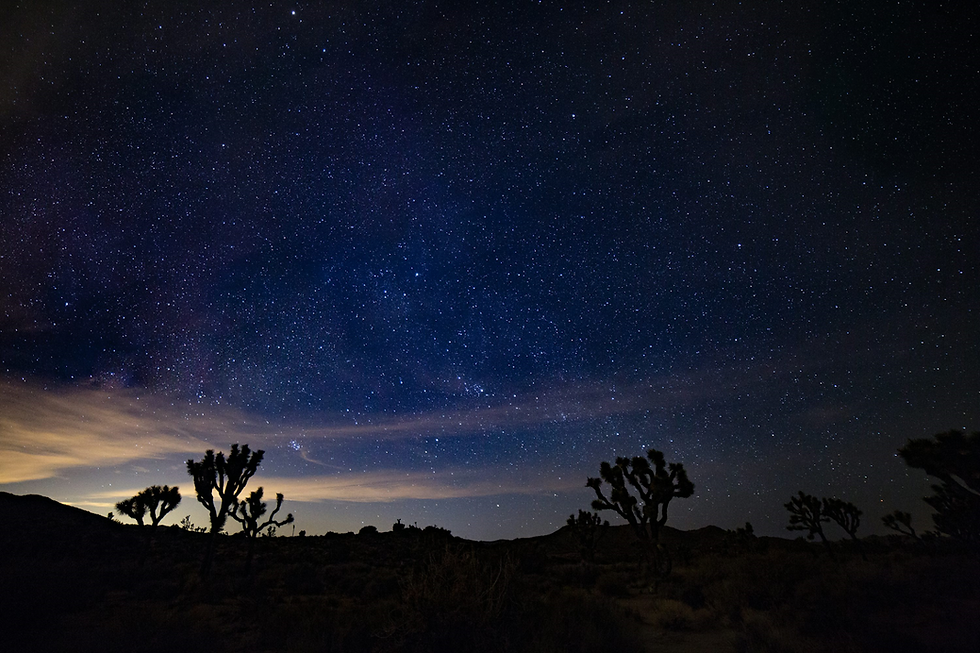A Christian Learns About Sukkot
- Rachel Joyce

- Sep 29, 2018
- 4 min read
Updated: May 7, 2025

(By Rachel Joyce)
A few years ago, we moved into a Jewish neighborhood and we love living here. As Christians, we have much in common with our neighbors. We believe that the God of Abraham, Isaac, and Jacob is the one true God.
Their Torah is also the first part of our Bible: Genesis, Exodus, Leviticus, Numbers, and Deuteronomy. Because of this, we both share many moral values and place a high priority on holiness.
Out of respect for God’s holiness, the Jewish people don’t say or write the name of God, instead, they call Him HaShem which literally means, The Name.
As they walk to the synagogue to worship, some of them in prayer shawls, with a sacred book tucked under their arms, I am reminded of Jesus, who was familiar with all the Jewish customs and participated in all the festivals.
It was time for the Jewish Festival of Shelters (Sukkot)…after His brothers left for the festival, Jesus also went…there was a lot of grumbling about Him among the crowds. Some argued, “He’s a good man,” but others said, “He’s nothing but a fraud who deceives the people.” Then, midway through the festival, Jesus went up to the Temple and began to teach. Jesus told them, “My message is not My own; it comes from God who sent Me.” On the last day, the climax of the festival, Jesus stood and shouted to the crowds, “Anyone who is thirsty may come to Me! Anyone who believes in Me may come and drink! For the Scriptures declare, ‘Rivers of living water will flow from his heart.’” (John 7:2, 10, 12, 14, 16, 37-38).
For many years, these words of Jesus have been deeply precious to me. When, as a little girl, I trusted Him, He became my Savior and satisfied my thirsty heart. Through the difficulties of life, He has held me close and given me courage to endure. His love comforts me when I am distressed and His presence has become my source of joy.
The older I get, the more I desire His Word and the more thankful I am for this One who is my Living Water.
Jesus’ proclamation was uttered during Sukkot, an annual Jewish festival which is still being celebrated today. My daughter and I had the privilege of visiting a Jewish friend and having tea and honey cakes in her sukkah, her little hut, while she and her husband taught us more about this special holiday.
My friend’s name—Chaya (the Hebrew word for life) Leah (one of the Jewish matriarchs)—reflects her values and desires. She has a vibrant, beautiful smile and is a kind, loving person. Her gentle husband is knowledgeable in the Torah and Jewish customs.
The festival of Sukkot was instituted by HaShem through Moses (Lev 23:34-44). He commanded His people to make small huts, sukkahs, to dwell in for seven days; this was to remind them of their dependence upon Him and that all their blessings came from Him. He had rescued them from slavery in Egypt and chosen them to be His own people, His cherished inheritance, and He wanted them to remain faithful to Him.
According to the Jewish law, there are specific regulations about the construction of the sukkah and the observance of the festival. The men are obligated to eat their meals there, but usually the whole family eats there together. Some also sleep in the sukkah. Any sickness provides exemption for them from these responsibilities.
Each day they also say a blessing and wave the beautiful fruit, which is a citron/etrog, and the lulav, which is a bundle of branches tied together—a date palm branch, two willows, and three myrtles. Together, the beautiful fruit and lulav represent all people. The fruit, with its pleasant taste and a delicious fragrance, represents people with good works who are well-learned in the Torah.
The branch from the date palm stands for the date which has a pleasant taste, but no fragrance; this represents people who are well-learned in the Torah, but don’t have good works. The myrtle, which has a pleasant fragrance but no taste, represents people with good works who haven’t studied the Torah. And the willow, which has neither fragrance nor pleasant taste, represents those who have neither good works nor Torah learning.
Chaya’s husband, Michael, explained that the lesson is one of unity: we all need each other and can learn from each other. No one is left out.
Facing east, Michael held the lulav in his right hand said a blessing, then took the beautiful fruit in his left hand and recited another blessing. Then he brought the lulav and the beautiful fruit together and shook them three times in all four directions (north, south, east, and west) as well as upward and downward.
As I cupped my cold hands around my warm mug of tea and breathed in the fragrance of the cedar branches over my head, I thought about the lessons of the sukkah.
No matter who we are or where we were born, we need each other. More than that, we need God.
He made us and any blessing we have comes straight from Him. He is the one true God who is holy, righteous, and sovereign. He deserves our praise.
Over and over in His Word, He reminds us of His unfailing love and His desire to draw us near, into relationship with Him. He has promised that when we seek Him, we will find Him if we search for Him with all our heart (Jeremiah 29:13). Although my heart was sinful, Jesus, the righteous One, was willing to come and die, to atone for my sin and to bring me near to God. For that, I will be forever grateful!







Comments